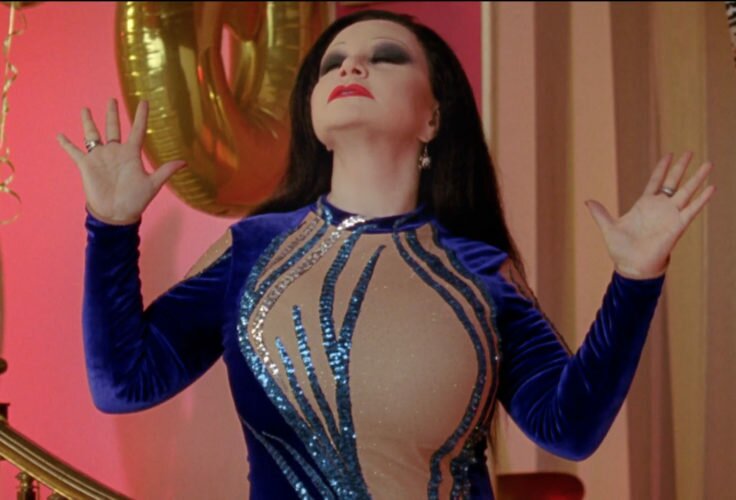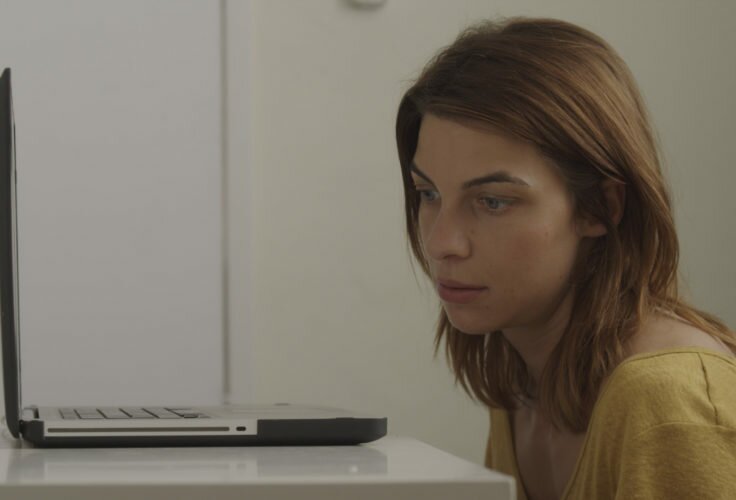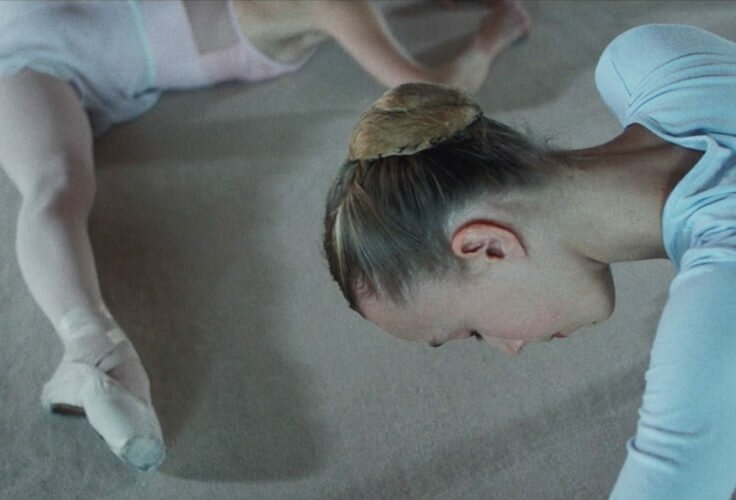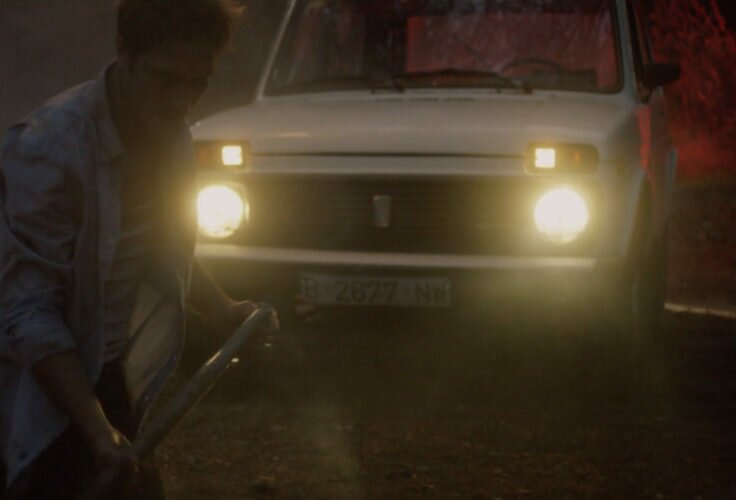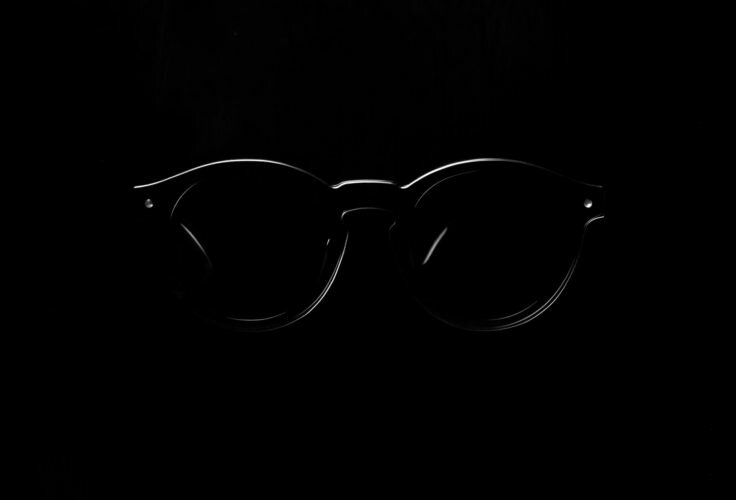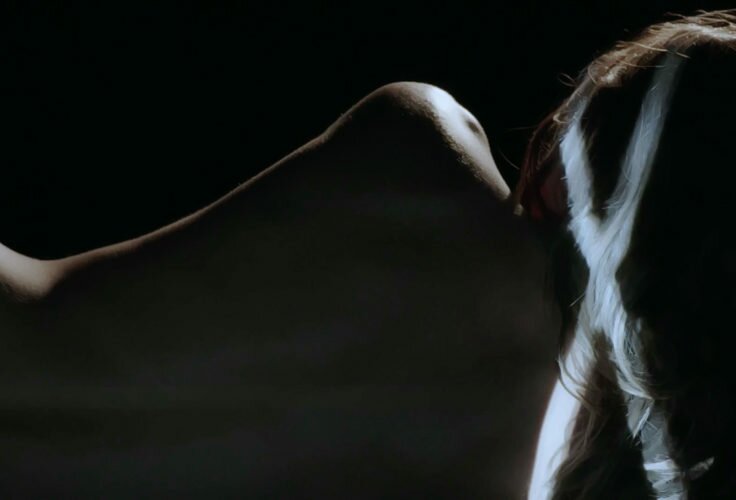Drake ha hecho un videoclip sobre recibir un tartazo en la cara, Child’s Play. Tyra Banks es la lanzadora. Y Ben Tuthill el testigo.
DAVID BOWIE

I didn’t think much of Lazarus when it came out. It was another David Bowie video (or really, another Johan Renck-directed David Bowie video). It was the same-day promotional single for the release of Blackstar, a record that I wasn’t particularly in love with, the latest record by an artist who I never really had much to say about.
Now forever more Lazarus is going to be one of those things, like your last conversation with your grandpa or the time you had the opportunity to back up your immanently water-damaged hard drive but didn’t. Bowie, lying in a bed, singing about heaven, oscillating between anguish and giddiness, dancing, writhing and finally retreating silently into a closet. We’re always going to watch this and note how thin he was, how real his trembling was, how himself he seemed even at the end of all of it.
Outside of Bowie’s dying, Lazarus doesn’t make much sense. It doesn’t make much sense to me and, given his publicity statements regarding Blackstar, I don’t think it made much sense to Bowie. There are a lot of things that only make sense in the context of death and ending. Sometimes that sense-making is nauseating ( for the branding of The Disintigration Loops). Other times its painfully appropriate (Annie Liebowitz’s accidental elegy for John Lennon). None of these things were supposed to signify what they signify now, but that’s how life works. Nothing is supposed to signify anything. Signs are just an always-shifting field of representations that have no attachment to the things they claim to represent.
It’s odd that Bowie’s most lauded virtue was his ability to manipulate those shifting representations. His ability to reinvent himself is an intricate part of his mythology, even applauded his mastery of it. What do we place such sanctimonious value on ‘reinvention’? There’s already plenty of disingenuousness in the world. Everyone is too many different people to too many different people. Bowie just did the same thing we all do, just with brighter colors.
Reinvention may be the easy narrative to pull from Bowie’s career, but I don’t think it’s what made his life and work so meaningful to so many people. Looking back, what stands out to me are the things that stayed the same. Watch every video he ever made: from the surreal , to the Lynchian duet with Bing Crosby, to the abstract wtf-ness of (the hair and the color of the backdrop changes, but the mood stays the same). From start to finish, he maintains the same look: narrow eyes, cocked head, straight-back swagger. It’s not the DGAF kiss-off that so many of his contemporaries mastered. To the contrary, it’s clear that Bowie gives so much of a fuck. There’s something nihilistic about his constant reinvention. But there’s an ever-present pathos that roots that reinvention in something all-too-human.
I think his best video will always be . There’s nothing special about it. It’s just him, standing in front of a dark screen with a spotlight and a 1977 fashionable outfit. He holds the same lockjaw gaze for the entire clip. Until the last thirty seconds: then his face turns comically sour, like he’s trying as hard as he can to maintain his indifferent frown. Finally he cracks and lets out a grin. It’s thin and barely visible, but it’s very much there. It’s so lacking in bullshit, so totally devoid of affect. All of the make-up and the imagery and the performative gender-bending posing washes away, and all that’s left is the person singing the song, grinning.
I don’t think that grin is unique to Heroes. It’s part of the current that ran through his entire career. It’s there in that taken by his wife two days before his death, and it’s there in Lazarus. The image, the reinvention, the irreverence, is made irrelevant, and what’s left is the human floating in a most peculiar way at the center. That same human who’s pointing at the camera in is lying in bed with his face wrapped up, and it’s the same human who a couple minutes later is boogying his way backwards into the closet. Maybe all of that would seem pretentious in a different setting. But history has a way of making what it wants out of what’s present.
I guess the arbitrary run of someone’s life only comes into sense-making when they’re gone. It seems exploitative to try and make meaning out of that nonsense. But maybe for Bowie that nonsense was the only thing that it was ever about. Things don’t make sense, at least, not in the way that we want them to. They just happen. But they happen to people, and those people care, and those people move along even as they’re staying the same. David Bowie was doing his thing and grinning up until the day he died. That seems like a pretty good way to go.












